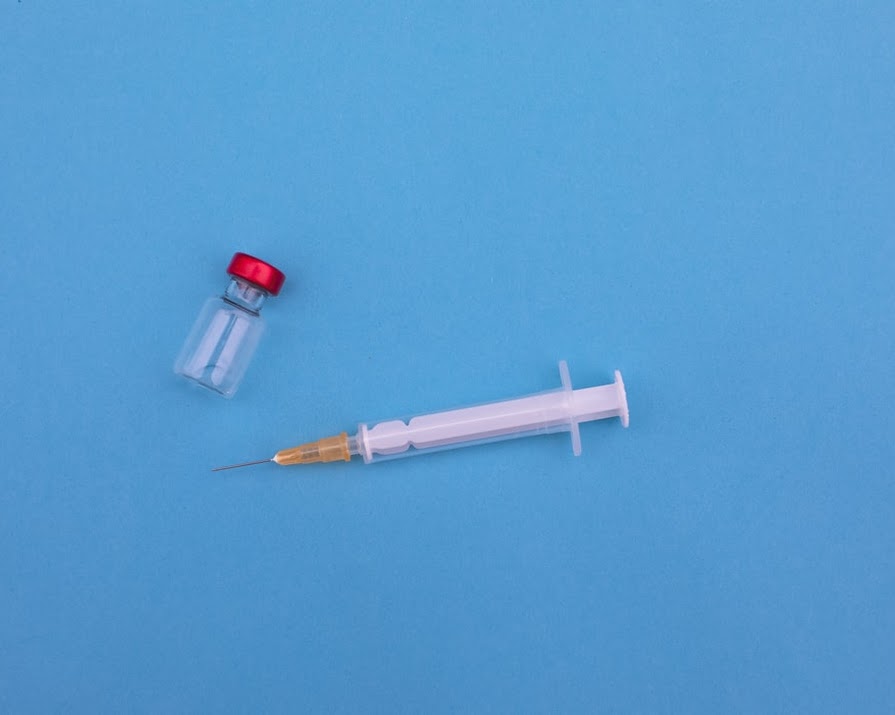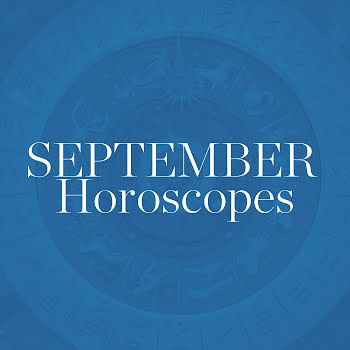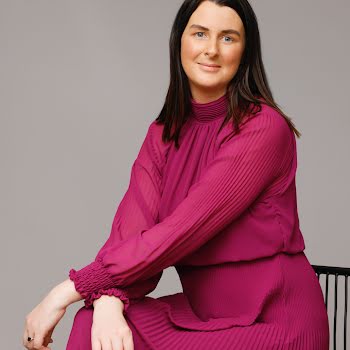
Minister for Health: ‘Covid vaccine rollout possible before the end of the year’
By Jennifer McShane
16th Dec 2020
16th Dec 2020
The first Covid-19 vaccinations could begin before the new year depending on approval from the European Medicines Agency, the Minister for Health said on Tuesday
A low round of initial vaccination, if approved, later this month, could begin before 2020 is out. Stephen Donnelly said: “It is possible that if the European Medicines Agency (EMA) does authorise this vaccine that an initial – it would be a very low level – but that an initial round of vaccination could actually begin before the new year”.
Minister for Health Stephen Donnelly says Covid-19 vaccine could be rolled out at low level in Ireland before the New Year, depending on EMA approval | https://www.rte.ie/news/coronavirus/2020/1215/1184439-covid19-vaccination-plan/ pic.twitter.com/e3U6RtVwGh
— RTÉ News (@rtenews) December 15, 2020
“If the European Medicines Agency meet on the 21st of December and if they conclude on a positive on the Pfizer vaccine, it would likely be several more days, potentially the 23rd of December, before the formal authorisation would be given by the EMA.
“It would then take a number of days, potentially up to a week for initial vaccination here. But it is important to stress that this would be an initial delivery, it would at a very low volume. We’re not looking at widespread vaccination but it would be very encouraging if it did happen to even see the programme of vaccination commence before the end of the year.”
Three-phase rollout
He explained the vaccination programme would be rolled out in three phases.
An initial rollout will be followed by a mass ramp-up and finally, open access. The highest priority groups – those over 65 in long-term care facilities, and frontline healthcare workers in direct contact with patients – will receive the vaccine first.
“It will be bigger and more complex than previous vaccination programmes. It will play a central role in our exit from the pandemic”.
Who’ll get the vaccine?
Announced last week, here is the full order of allocation of the vaccine, and what you need to know about each group:
- Adults aged 65 or older who are living in long-term care facilities. This group is at the greatest risk of severe illness and death from Covid-19, and accounted for 56% of deaths in the first wave. In this first stage, offering the vaccine to all residents and staff on site will be considered.
- Frontline healthcare workers who are in direct contact with patients; who risk exposure to bodily fluids or aerosols; and those providing services essential to the vaccination programme i.e those administering the vaccine itself. This group accounted for 30% of all cases in the first wave of Covid.
- Those aged 70 or over. They will be vaccinated in the following order: 85 and older; 80-84; 75-79; 70-74.
- Other healthcare workers not in direct patient contact.
- Those aged 65-69, with those with medical conditions that class them as high-risk prioritised first.
- Key workers (to be refined further). This group is yet to be properly defined, but the government has referred to them as those who ‘provide services essential to societal and economic activity’.
- Those aged 18-64 with underlying medical conditions that class them as high-risk.
- Those aged 18-64 who are residents of long-term care facilities.
- Those aged 18-64 who are living or working in crowded accommodation where self-isolation and social-distancing is difficult to maintain.
- Key workers in essential jobs who cannot avoid exposure to Covid-19. This will include workers in food supply systems, public and commercial transport systems, and other vital services.
- Workers who are essential to education and cannot avoid exposure to Covid-19. This will include primary and secondary school teachers, special needs assistants, childcare and creche workers, maintenance workers, school bus drivers etc.
- Those aged 55-64 years.
- Those in ‘occupations important to functioning of society’ – this will include those working in third level institutions, entertaining and goods-producing industries, etc.
- Those aged 18-54 who have not yet been vaccinated.
- Children and adolescents up to 18 years, and pregnant women (this will be refined further).
Read more: “I’ve made the decision not to travel home for Christmas”: How to get through an unfamiliar December
Read more:Enniskillen woman becomes first in the world to receive Pfizer vaccine for Covid-19
Read more: The end of the pandemic is in sight. Here’s to the new roaring 20s























